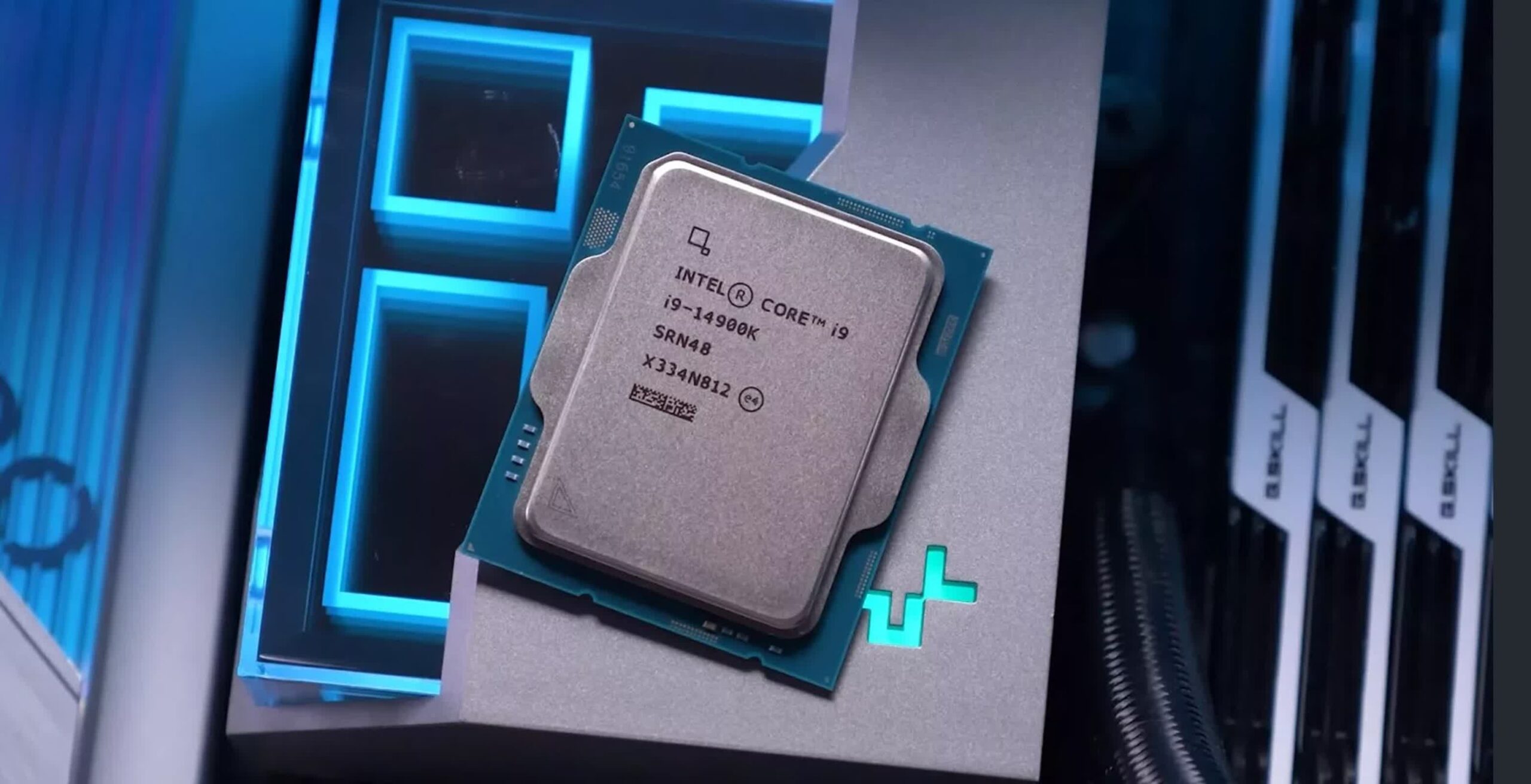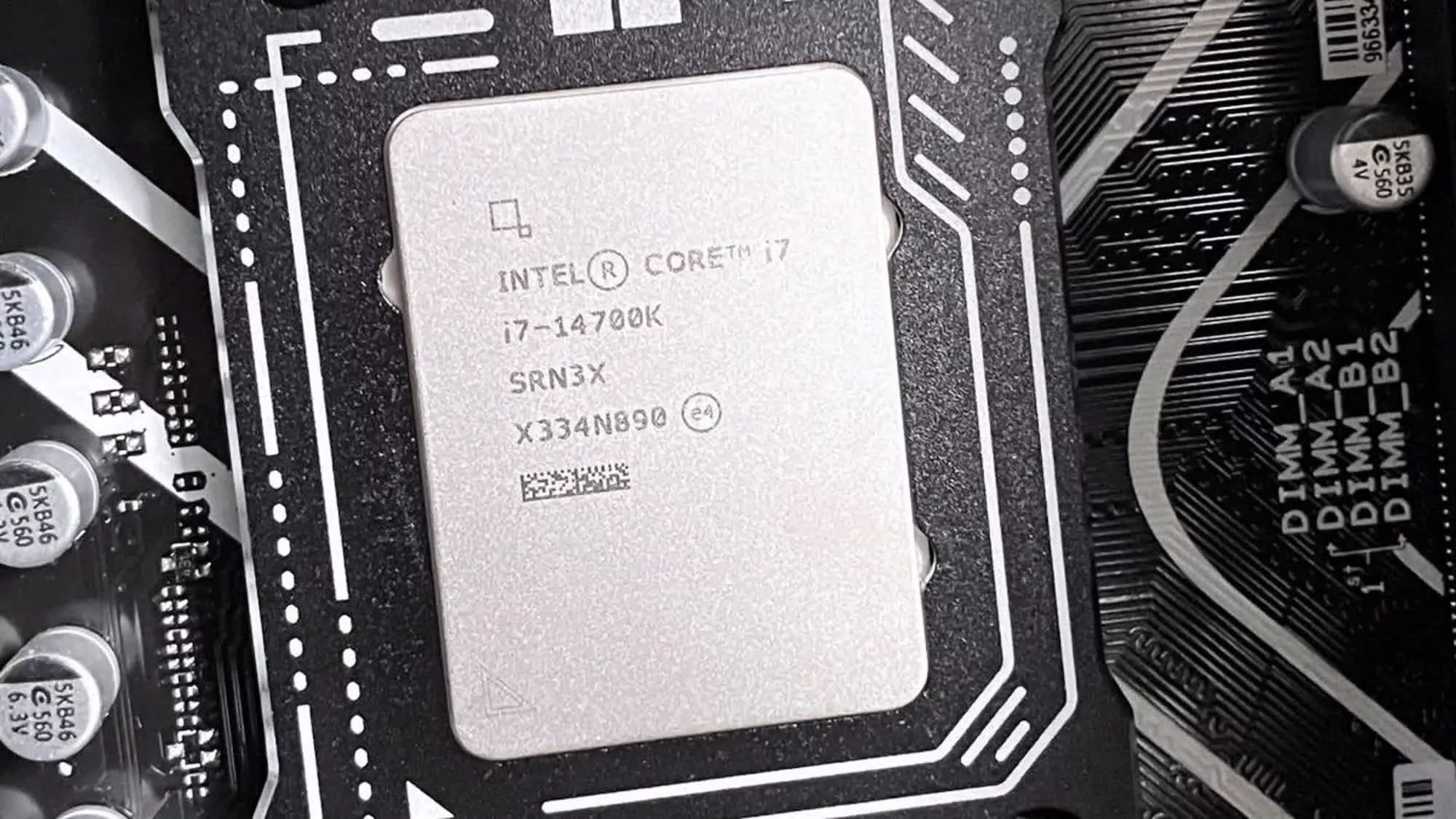Tech News
Retailer says Intel Raptor Lake CPU RMA returns are up to 4x of previous generations

The key takeaway: Intel is working on a fix for crashing issues in its Raptor Lake CPUs, while reports of high return rates for these processors compared to previous generations have surfaced. Some customers are switching to AMD due to these problems, and one retailer has disclosed a significant increase in Intel CPU return rates.
A major European online PC retailer revealed to Les Numeriques that they are receiving four times more returns for Raptor Lake processors than for Alder Lake CPUs. This indicates that Intel’s RMA rates may be higher than AMD’s.
The return rates for the 13th-gen Core i9 13900KF, 13900KS, and 13900K are four times higher than those of the 12th-gen CPUs, while the 14th-gen Core i9 14900KF, 14900KS, and 14900K have triple the RMA rates of Alder Lake.
The difference in return rates is likely due to the age of the processors. The retailer noted that the 13th-gen CPUs had similar return rates when they had been on the market for as long as the 14th-gen chips have been now. This could suggest that Intel CPUs may degrade over time, potentially leading to increased returns for the latest lineup.
It’s important to note that the estimates from Les Numeriques may be conservative, as they only account for returns to one retailer and not all failing processors. Extrapolating from previous RMA rate reports, Intel’s 13th-gen chips could have failure rates between four and seven percent, while the 14th-gen processors could be between three and 5.25 percent. The actual number of failing Raptor Lake CPUs is unknown, but the data suggests an issue.

Users have reported instability with Intel’s recent desktop CPU generations, leading some to switch to AMD. Reports of high failure rates for 13th and 14th-gen i9s have been concerning, with a microcode algorithm error identified as the cause. Intel plans to release a patch in mid-August, but it won’t fix already failing CPUs.
Users experiencing crashes or instability with their Raptor Lake CPUs will need to RMA them. Those with functioning high-end CPUs should update their BIOS, maintain default voltage settings, and install Intel’s update as soon as it’s available from OEMs.
-

 Destination8 months ago
Destination8 months agoSingapore Airlines CEO set to join board of Air India, BA News, BA
-

 Breaking News10 months ago
Breaking News10 months agoCroatia to reintroduce compulsory military draft as regional tensions soar
-

 Gadgets4 months ago
Gadgets4 months agoSupernatural Season 16 Revival News, Cast, Plot and Release Date
-

 Tech News12 months ago
Tech News12 months agoBangladeshi police agents accused of selling citizens’ personal information on Telegram
-

 Productivity11 months ago
Productivity11 months agoHow Your Contact Center Can Become A Customer Engagement Center
-

 Gadgets4 weeks ago
Gadgets4 weeks agoFallout Season 2 Potential Release Date, Cast, Plot and News
-

 Breaking News10 months ago
Breaking News10 months agoBangladesh crisis: Refaat Ahmed sworn in as Bangladesh’s new chief justice
-

 Toys12 months ago
Toys12 months ago15 of the Best Trike & Tricycles Mums Recommend























